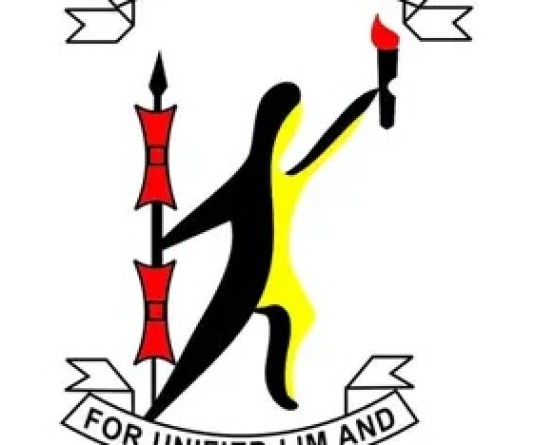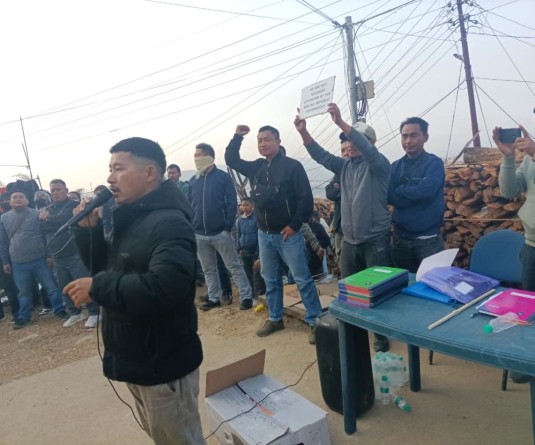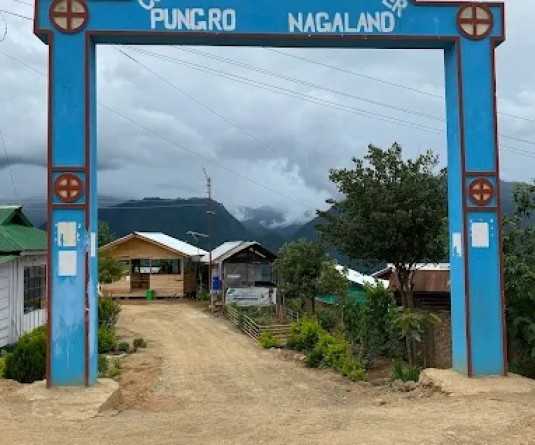
Dimapur, August 27 (MExN): The 178 churches of the Western Sumi Baptist Akukuhou Küqhakulu (WSBAK) today strongly urged the State Government of Nagaland to “promptly implement the NLTP Act with stricter laws and systems to curb the sale and consumption of alcohol in the State.”
In a press release, the WSBAK also pointed out that arguments by some “intellectuals” and “political” leaders in Naga society for “partial” or “total” lifting of the Nagaland Liquor Total Prohibition (NLTP) Act, 1989, based on checking the quality of alcohol, curbing the black market, revenue boost, etc., were a “far cry from the truth and reality.”
The availability of alcohol, whether “adulterated” or “pure,” will eventually destroy a person’s life in one way or another at some point, it said, citing the World Health Organization (WHO), which the WSBAK stated has concluded that “No level of alcohol consumption is safe for our health.”
Thus, it wondered whether the state government, instead of taking care of the well-being of its citizens, was willing to “exchange a few crores of revenue at the cost of many precious lives.”
Further, the WSBAK highlighted Article 47 of the Indian Constitution, which deals with “raising the level of nutrition and the standard of living of its people and the improvement of public health as among the primary duties of a State” and added that the “State shall endeavor to bring about the prohibition of the consumption, except for medicinal purposes, of intoxicating drinks and drugs which are injurious to health.”
According to the WSBAK’s interpretation of the Article, the priority of the State Government must be “to look after the well-being of its people” rather than “taking care of the selfish interests of a few groups.”
“Alcohol is a disease, and it not only affects a person’s physical health but also destroys many different spheres of human life and society,” added the WSBAK’s press release issued by its Executive Secretary Rev. Dr. Phughoto Sema.
Accordingly, it called for stricter implementation of the NLTP Act instead of any sort of relaxation.
It must be noted that Article 47 is part of the Directive Principles of State Policy, which are merely suggestive for governance and not legally enforceable by the courts, and governments cannot be compelled to implement them.






